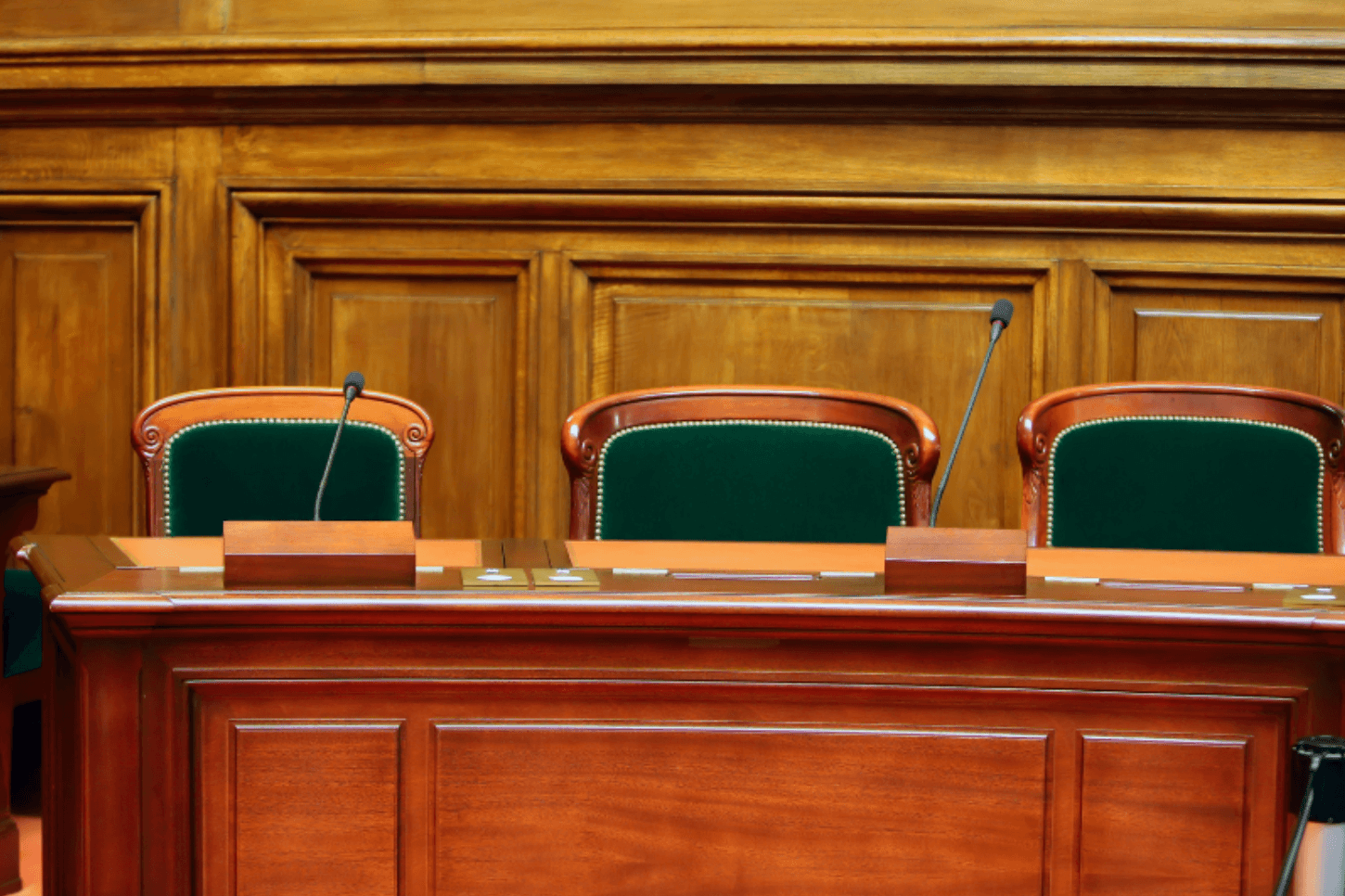
What happens if I don’t have a Will?
16th February 2021
A recent survey conducted by the Law Society, just after the first lockdown restrictions began to ease, found that 59% of those surveyed did not have a Will in place. In light of this significant statistic, our Private Client team have set out what happens when somebody dies without leaving a Will, including some of the potential pitfalls that can ensue which have been highlighted in ITV’s recent drama, Finding Alice.
Rules of Intestacy
When somebody dies without leaving a Will, they are said to have died ‘intestate’. Rather than having a Will setting out who can manage their estate and who will receive the benefit of it, there are a set of prescribed rules which will determine these factors based on their relationship to the deceased. These rules are referred to as the Rules of Intestacy. Parts of the Rules are set out below:
Did the deceased leave a spouse/civil partner but no children?
No
Yes
Spouse/civil partner will inherit the whole of the estate.
Did the deceased leave a spouse/civil partner and children?
No
Yes
Spouse/civil partner will receive all personal possessions and the first £270,000 of the estate. They will also receive half of the remainder thereafter (if any).
The children will receive the other half of the remainder in equal shares.
Did the deceased leave children but no surviving spouse/civil partner?
Yes
The children will inherit the deceased’s estate in equal shares.
Did the deceased leave a spouse/civil partner but no children?
No
Yes
Spouse/civil partner will inherit the whole of the estate.
Did the deceased leave a spouse/civil partner and children?
No
Yes
Spouse/civil partner will receive all personal possessions and the first £270,000 of the estate. They will also receive half of the remainder thereafter (if any).
The children will receive the other half of the remainder in equal shares.
Did the deceased leave children but no surviving spouse/civil partner?
Yes
The children will inherit the deceased’s estate in equal shares.
If there is no surviving spouse/civil partner and no children, then there are various other categories of family member that can benefit from estate and those categories will become more remote as you work through the Rules. Ultimately, if there are no surviving family members who meet the criteria within the Rules of Intestacy, the estate will be left to the Crown as ‘bona vacantia’ or ‘ownerless goods’.
Potential ProblemsUnintended Beneficiaries
As can be seen from the Rules of Intestacy, who will benefit from your estate is set out in a prescribed manner which could result in people benefitting who you many not necessarily have wanted to benefit. The opposite is also true, in that people who you may have wanted to provide for after your death may not benefit from your estate. You will note from the Rules of Intestacy that unmarried partners who have been cohabiting together and who may have been in a longstanding relationship for many years do not benefit under the Rules on the death of their partner.
This issue was demonstrated in ITV’s new drama Finding Alice. Alice’s long-term partner died having not left a Will and having not married her. It later transpired that he had a child from a previous relationship that he had not told Alice about. In accordance with the Rules of Intestacy, Alice did not benefit from his estate; his daughter and son inherited instead.
Charities
You will note that charities do not appear within the Rules of Intestacy. Therefore, if you have a strong desire to support the incredible work that charities undertake by leaving a gift when you pass away, it is important that you have a Will in place to ensure that the gift will be made.
Inheritance Tax
Any gift made to a charity is exempt from Inheritance Tax. If Inheritance Tax is payable on your estate, then the rate of Inheritance Tax can be cut from 40% to 36% by leaving more than 10% of your net estate to charity. As charities are not a potential beneficiary within the Rules of Intestacy, it is important to make a Will if you wish to benefit from this reduced rate.
Gifts made to a surviving spouse/civil partner are also exempt from Inheritance Tax. As can be seen from the Rules of Intestacy, the surviving spouse/civil partner will receive all personal possessions together with the first £270,000 of the estate. The surviving spouse/civil partner will also receive half of the remainder of the estate thereafter (if any); the other half of the remainder would pass equally between the deceased’s children. If the estate was of a particularly high value, then it could result in Inheritance Tax being payable on the gift to the children as they are not exempt beneficiaries. This situation could be avoided by leaving the whole estate to the deceased’s spouse/civil partner in a Will.
Guardians
The Rules of Intestacy only set out who will manage the deceased’s estate and who will benefit from it; the Rules do not provide for the appointment of guardians to look after children under the age of 18 in the event that the child’s surviving parent were also to die before they reached the age of 18. Guardians can be appointed in your Will and this is another important reason for making a Will.
Hopefully this short blog has provided you with a brief explanation of the Rules of Intestacy and some of the potential problems that can arise by relying upon them. If you would like a consultation to discuss making a Will, please contact our Private Client team on 0151 281 9040 who will be happy to help.

Steven Butchart
Steven joined MSB in June 2016 as a paralegal and commenced his training contract in September 2018. He graduated from the University of Liverpool in 2016 where he attained a First Class Degree in Law. Steven qualified as a solicitor in September 2020 and is also the current Treasurer of the Merseyside Junior Lawyers Division for 2020/21.
[Call Steven ](tel:0151 281 9040)




